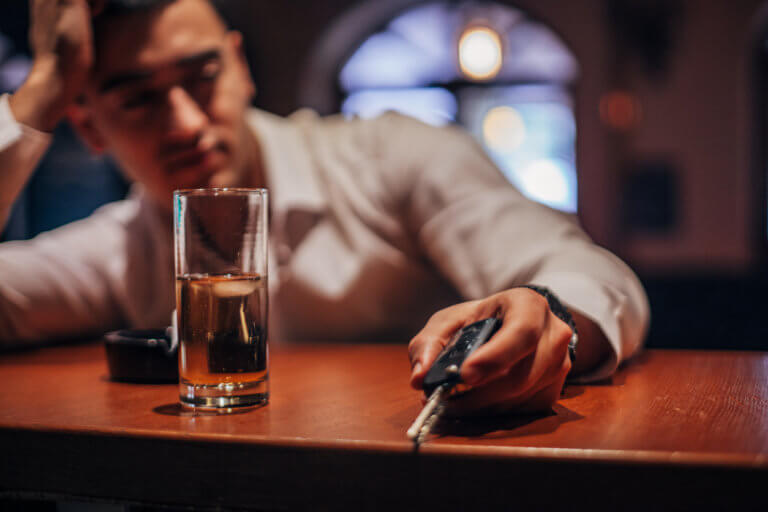A DUI conviction is not necessarily enough to prove that a drunk driver is at fault. A driver’s negligence must be the cause of an accident for the driver to be legally liable. It is possible for someone to get a DUI conviction from an accident that someone else caused. We understand that this can be confusing, but a California car accident lawyer can evaluate the facts of your case and determine who might be liable.
How Liability for a Car Accident Gets Determined
A person involved in a collision could be blatantly careless but not automatically be at fault if something else caused the accident. We have to prove all four of these factors to hold someone responsible for your injuries:
- The driver owed you a duty of care. Usually, this element is not difficult to prove because everyone who operates a motor vehicle on public streets has to drive with caution and obey the traffic laws.
- The defendant violated the duty of care. Driving while under the influence of alcohol breaches the responsibility to drive cautiously and follow the law. It is negligence when a person’s conduct fails to measure up to the legal standard.
- The negligence caused the accident that hurt you. The careless act must be the thing that caused or contributed to the collision in which you got injured. Let’s say that the drunk driver passed out at the wheel and crashed into your car, injuring you. The negligence of driving while impaired by alcohol caused the accident. On the other hand, if something else, like a driver who ran a red light, caused the collision and the police noticed that a different driver was drunk but did not cause the wreck, the drunk driver can get a DUI conviction but not be at fault in the car accident.
- The plaintiff has measurable damages. If you were lucky enough to have a “near miss” instead of a collision, you will not have quantifiable losses. On the other hand, physical harm satisfies the requirement of measurable damages.
Once we establish all of these elements through evidence, we can go after money damages for your losses.
Driver Can Be At-Fault Without a DUI Conviction
When the drunk driver does not get a DUI conviction, due to a plea bargain or some other reason, the driver can still be at fault in the crash. The plaintiff in the personal injury case has no control over what happens in the criminal case, so it would not be fair to penalize the plaintiff if the prosecutor makes a deal with the defendant for a lesser charge, like reckless driving, or the judge finds the defendant not guilty.
Criminal cases have a different standard of proof than civil cases. A DUI is a criminal case. A personal injury lawsuit is a civil case. It takes more evidence to get a criminal conviction than it does to win a civil lawsuit for money damages. A person can be impaired by alcohol, even if the blood alcohol level is not quite enough to secure a DUI conviction.
You do not have to sort out all of these legal issues by yourself. Contact us today. Our California car accident lawyers can answer your questions and tell you if you might be eligible to go after compensation for your losses.


